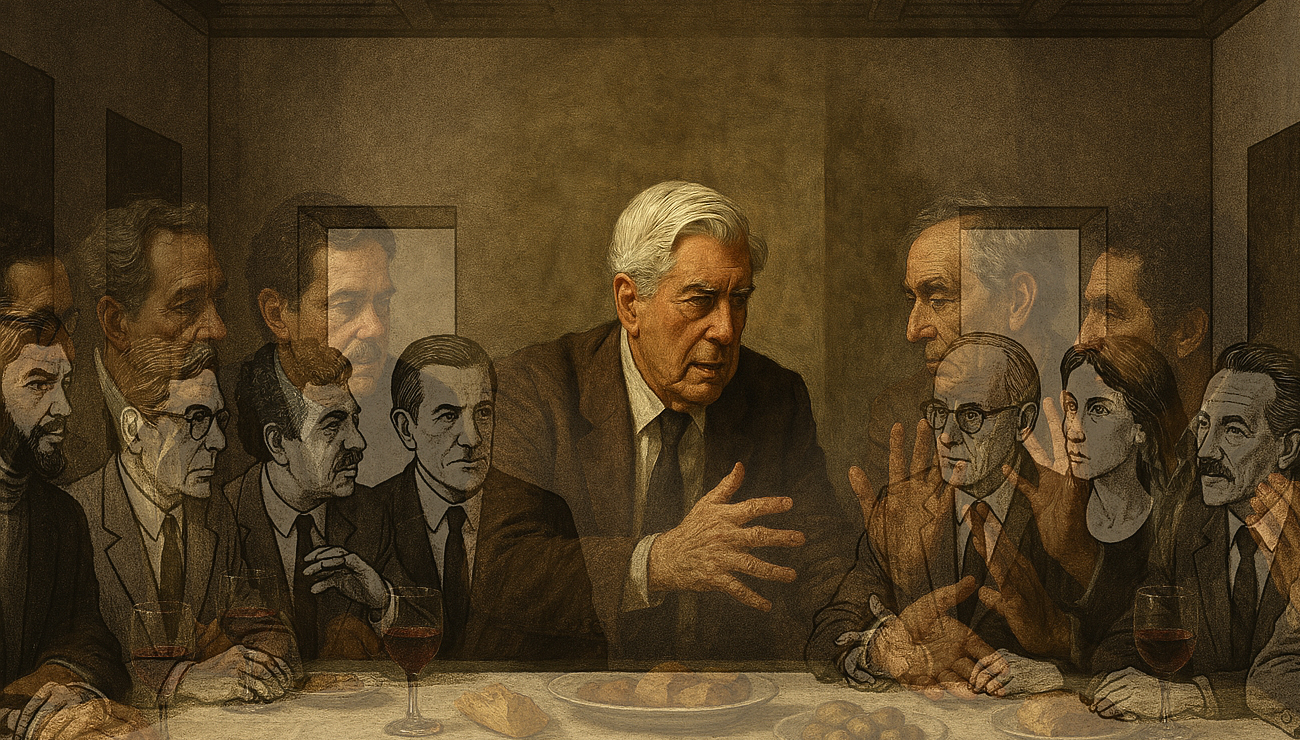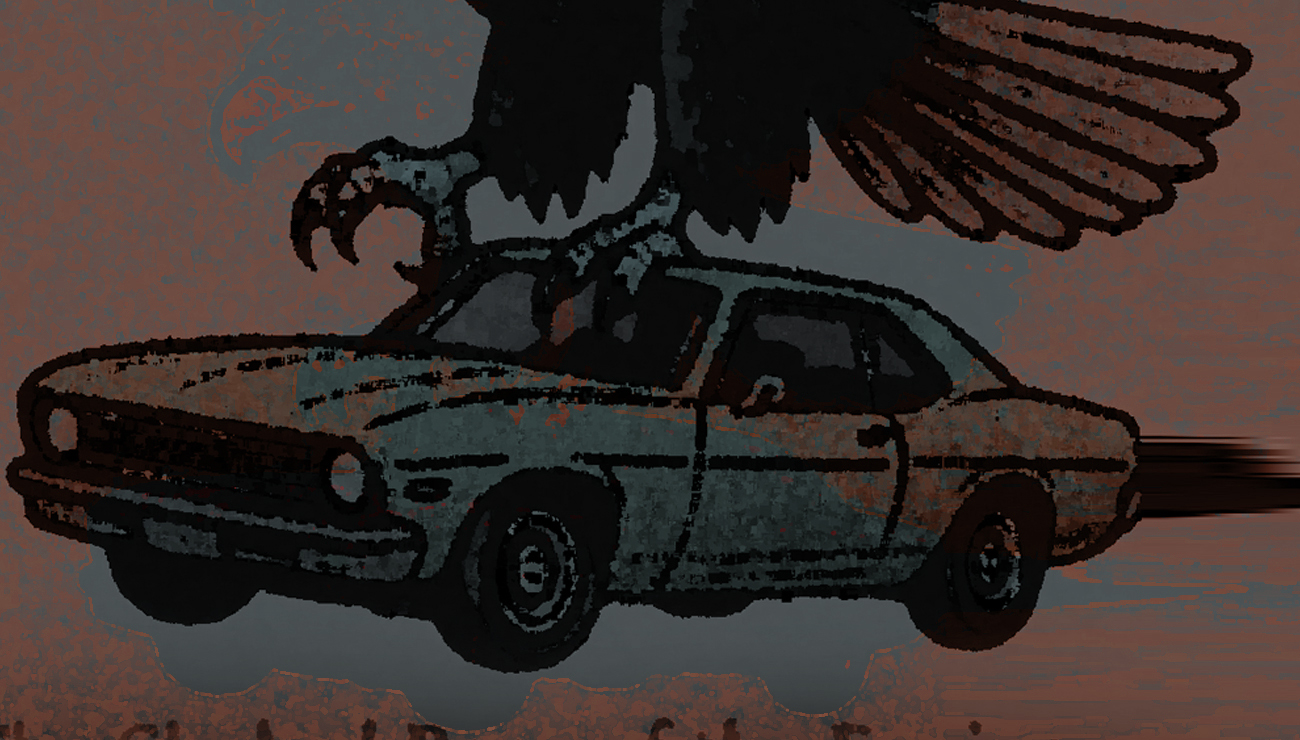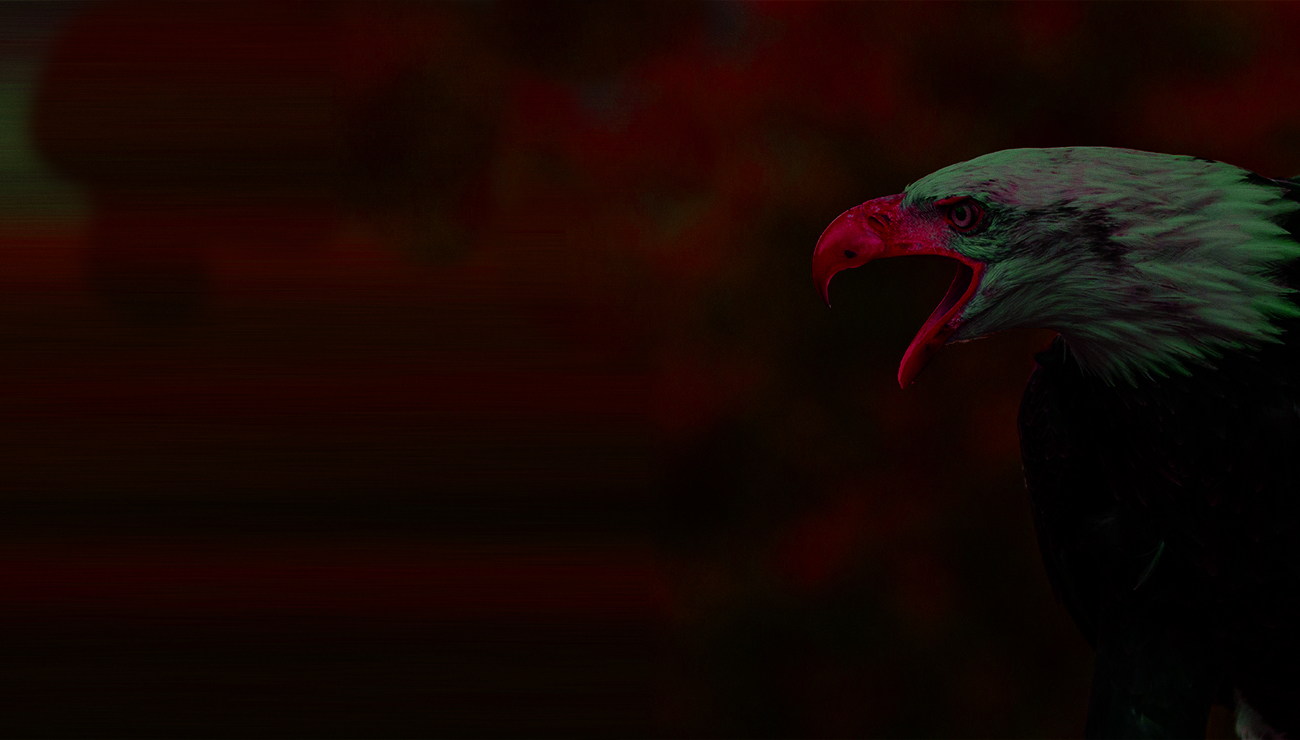
What If Mario Vargas Llosa Was Right? Dissent as Literary Legacy in the Latin American Boom
Author: ©2025 William Castano-Bedoya
AN ENTRY IN THE ‘THREE-MILE CHRONICLES’ SERIES
The death of Mario Vargas Llosa not only marks the end of a life devoted to literature, but also the symbolic closing of an era: that of the Latin American Boom, that creative explosion which gave us global visibility and, at the same time, tied us to a romantic narrative that now demands to be revisited.
This reflection is part of my series *Three-Mile Chronicles*, a collection of thoughts born to the rhythm of my daily walks. It is during that everyday wandering that figures like Vargas Llosa visit me, as if walking brought me closer to them with more clarity than any library.
The romanticism of many Latin American writers who aligned themselves with the left for over half a century, openly supporting the Cuban Revolution, gave birth to the pale communist monarchy that now barely inspires the contemporary intelligentsia. The manipulative power that emerged from that process, beginning in the 1960s, generated such ideological fascination that many forgot how to think for themselves. They surrendered their talent, their voice, and their silence to that David of the Caribbean who interpellated —day after day— the northern Goliath, until all slowly faded away.
And while the people rowed through the thick waters of underdevelopment, their writers —brilliant as they were— became propagandists for the longest-running dictatorship in the continent. Fortunately, the literary quality of their works survived. But not their innocence. What might have become of our nations if that intellectual potential had been invested in their development, even from a centrist position?
Not all gave in. Some, like Mario Vargas Llosa, chose the uncomfortable path of dissent. While Gabriel García Márquez cultivated a close friendship with Fidel Castro, and Julio Cortázar composed poems for the revolution, Vargas Llosa broke away. He denounced, distanced himself, confronted. Freedom became his banner. That’s why his work bears a unique imprint: because it owes no allegiance to any dogma.
It’s impossible not to contrast his dissent with the silence of others. García Márquez continues to be widely read, immensely great and brilliant —he remains one of my universal references in terms of literary creativity and the brilliance of his discourse—, but his indifference to Cuba’s prisoners of conscience no longer goes unnoticed. Cortázar dazzles us, but his lukewarmness in the face of repression troubles us. By contrast, figures like Octavio Paz, Jorge Luis Borges, Carlos Fuentes, and Vargas Llosa himself, knew how to write from a place of independence. From critique, not from slogans.
I write from that same border. I do not belong to any ideological trench. My gaze is critical, yes —sometimes corporate in nature— but it never abandons the suffering and fragility of the human condition. Like others, I rebel against the obligation to align. Because art that aligns becomes propaganda, and literature that obeys becomes liturgy. As Flaubert said: “We write to avoid lying to ourselves.” I would add: we write to avoid falling silent when the world is filled with deceptive rhetoric in the name of collective dreams.
That legacy, brilliant as it may be, is no longer enough. Today, we must abandon the sterile corners of politics detached from the center of thought —the very place where the middle classes should dwell: that vital space that nourishes a country’s moral and economic strength. Some Latin American lefts have become monarchies of corruption, while some right-wing movements have turned into democratic fascisms masked by institutionalism. Structural corruption, everyday violence, new forms of emotional poverty, the erosion of critical thinking, and the trivialization of hope are not resolved from ideological trenches, but from an ethical, honest, and conscious kind of writing.
The old booms responded to specific social causes. But now it’s time to make room for a new Boom: one led by writers who denounce the algorithms manipulating human life, writing from isolated corners, fueled by empathy —or by lucid antipathy.
It is not enough to remember the literature of the past. We must write the literature of the present —not as an epilogue to failed revolutions, but as an ethical prelude to a new humanity.
Finished reading and want more? Your next favorite story is just a click away.
Explore my books!
What If Mario Vargas Llosa Was Right? Dissent as Literary Legacy in the Latin American Boom
A three-mile chronicle on cars, tariffs, and the economy of absurdity.
In a Soulless World, Facts Banish Feelings.
William Castaño
William is a Colombian-American writer who captivates readers with his ability to depict both the unique experiences and universal struggles of humanity. Hailing from Colombia’s Coffee Axis, he was born in Armenia and spent his youth in Bogotá, where he studied Marketing and Advertising at Jorge Tadeo Lozano University. In the 1980s, he immigrated to the United States, where he naturalized as a U.S. citizen and held prominent roles as a creative and image leader for projects with major corporations. After a successful career in the marketing world, William decided to fully dedicate himself to his true passion: literature. He began writing at the turn of the century, but it was in 2018 when he made the decision to make writing his primary occupation. He currently resides in Coral Gables, Florida, where he finds inspiration for his works. William’s writing style is distinguished by its depth, humanity, and authenticity. Among his most notable works are ‘The Beggars of Mercury’s Light: We the Other People’, ‘The Galpon’, ‘Flowers for María Sucel’, ‘ Ludovico’, and ‘We’ll meet in Stockholm”.








